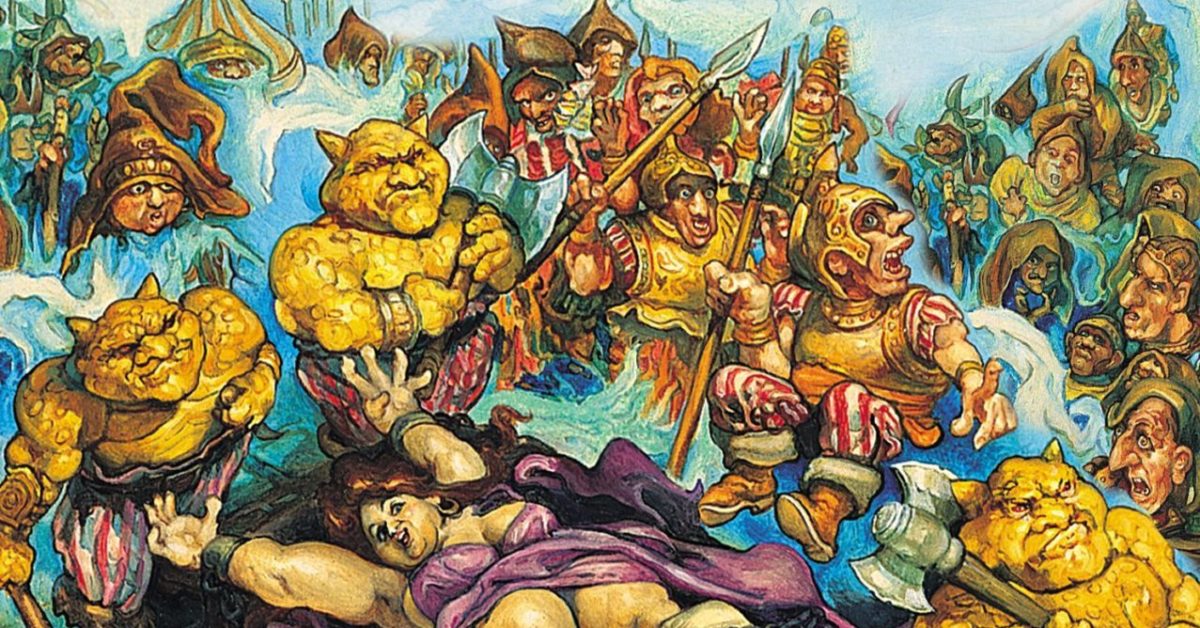

This peculiar property, this fitness, this property of culmination, the way that the keystone is beautiful not only in its own right but for its perfectly-calculated essential place in the arch, is not the same as these being the best of his books. Likewise, Pratchett’s period in which he seemed obsessed with narratives, with the danger (and yet salvific power) of myth, with the conflict between the human heart and the uncaring universe (sociopolitical as well as cosmological), these themes all make sense – more than that, are required – when you put them together in Small Gods and its epic of faith and doubt, empires and deserts. All the weirdness strange references and flashes of brilliance in very early Pratchett, they all seem in hindsight like training for, or attempts to imitate, The Colour of Magic. Pratchett versus Religion.īut what really makes these singular, I think, is their role in his oeuvre. Small Gods is easy to pick out: it’s the one where the author takes on Big Important Themes. The Colour of Magic, you can say: this is the author running completely wild, ideas sparking from his head too quickly to be captured, a brilliant (if superficial and limited) display of erudition, wit, and absurdity. The differences between this and the surrounding novels are much less clear than, for example, the specificities of The Colour of Magic or Small Gods. It’s hard for me to work out exactly what is so good – and more importantly than good, so perfect – about Night Watch.


Another is Small Gods, his widely-acknowledged magnum opus. The Colour of Magic, oddly, is one of those books – it may not be one of his best novels, but it’s one I can’t possibly imagine anybody else (or even the same author at any other time in his life) writing. And then there are a small number of novels that, I can’t help but feel, he wrote because he was born to write them. There are novels that it feels as though he wrote because there was something he wanted to write about – Soul Music, for example, or Jingo. There are novels that, it feels, he wrote because he had what he thought was a cool idea for a book, like Feet of Clay or Maskerade. There are novels that, it feels, he wrote because he needed to write a new book: books like The Last Continent, for example. Permit me a slightly fanciful new classification of Terry Pratchett’s Discworld novels. The 29th installment of my ongoing complete Discworld re-read.


 0 kommentar(er)
0 kommentar(er)
